A Clean Revolution In recent years, the demand for organic products has been on the rise, and one industry that has seen a significant surge is the organic soap market. Consumers are becoming more conscious about the products they use on their body and are choosing natural and sustainable options over their chemically-laden counterparts. Organic soap has emerged as a popular choice, offering a plethora of benefits for both our personal health and the environment. One of the main attractions of organic soap is its composition.
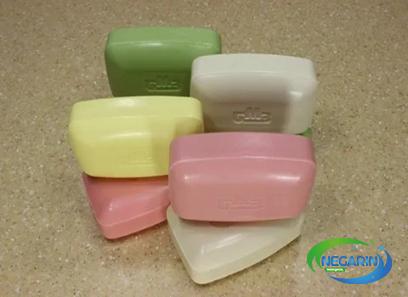
.
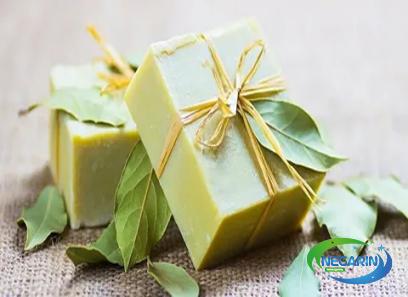 Unlike conventional soaps that are made with synthetic ingredients and harsh chemicals, organic soaps are crafted from natural ingredients. Typically, they contain plant-based oils and fats, such as coconut oil, olive oil, and shea butter, that provide nourishment and hydration to the skin. Essential oils derived from botanical sources are often added for fragrance and therapeutic properties. These ingredients work in harmony to cleanse, moisturize, and protect the skin without stripping away its natural oils. The absence of synthetic chemicals in organic soap makes it suitable for all skin types, including those with sensitivities or allergies. People with conditions like eczema, psoriasis, or dry skin often find relief and improvement in their symptoms when using organic soap.
Unlike conventional soaps that are made with synthetic ingredients and harsh chemicals, organic soaps are crafted from natural ingredients. Typically, they contain plant-based oils and fats, such as coconut oil, olive oil, and shea butter, that provide nourishment and hydration to the skin. Essential oils derived from botanical sources are often added for fragrance and therapeutic properties. These ingredients work in harmony to cleanse, moisturize, and protect the skin without stripping away its natural oils. The absence of synthetic chemicals in organic soap makes it suitable for all skin types, including those with sensitivities or allergies. People with conditions like eczema, psoriasis, or dry skin often find relief and improvement in their symptoms when using organic soap.
..
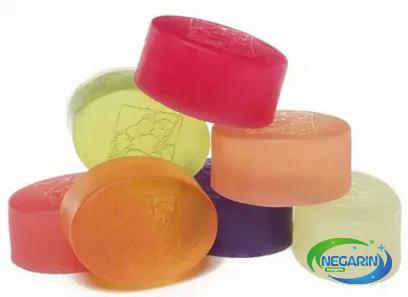 This is because the natural ingredients in organic soap are gentle and non-irritating, promoting healthier skin without causing further inflammation or dryness. Additionally, organic soap is environmentally friendly. The production of organic soap involves sustainable practices that aim to minimize the impact on the environment. The ingredients used are derived from renewable resources and are biodegradable, reducing pollution and waste. Moreover, organic soap manufacturers often prioritize ethical sourcing, ensuring that their ingredients are obtained without harming the environment or exploiting workers. By choosing organic soap, consumers can contribute to the preservation of our planet and support fair trade practices. The organic soap market has become increasingly competitive, with many brands vying to capture the attention of consumers. Companies are now focusing not only on the quality of their products but also on their packaging. Sustainable packaging materials, such as recycled paper and biodegradable materials, are becoming more popular choices for organic soap producers.
This is because the natural ingredients in organic soap are gentle and non-irritating, promoting healthier skin without causing further inflammation or dryness. Additionally, organic soap is environmentally friendly. The production of organic soap involves sustainable practices that aim to minimize the impact on the environment. The ingredients used are derived from renewable resources and are biodegradable, reducing pollution and waste. Moreover, organic soap manufacturers often prioritize ethical sourcing, ensuring that their ingredients are obtained without harming the environment or exploiting workers. By choosing organic soap, consumers can contribute to the preservation of our planet and support fair trade practices. The organic soap market has become increasingly competitive, with many brands vying to capture the attention of consumers. Companies are now focusing not only on the quality of their products but also on their packaging. Sustainable packaging materials, such as recycled paper and biodegradable materials, are becoming more popular choices for organic soap producers.
…
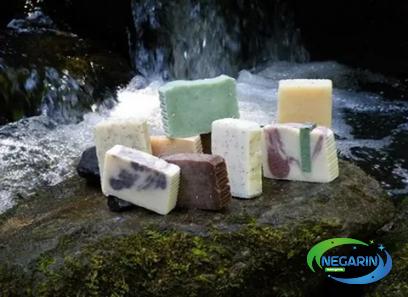 This shift towards eco-friendly packaging aligns with the ethos of organic soap and resonates with consumers who are seeking holistic and sustainable experiences. With the growing awareness of the benefits of organic soap, entrepreneurs are finding opportunities to start their own businesses in this industry. From small-scale artisan soap makers to larger companies, there is a niche for everyone to flourish. As more consumers seek organic soap options, there is a need for diverse product offerings that cater to various preferences, whether it be fragrance, texture, or specific skin concerns. Successful organic soap businesses often prioritize quality, transparency, and authenticity, building trust and loyalty among their customer base. In conclusion, the surge in demand for organic soap reflects a shift towards conscious consumerism. People are becoming more mindful of the products they use and their impact on both personal health and the environment. Organic soap provides an effective, natural, and sustainable alternative to traditional soaps laden with chemicals. As the market continues to grow, businesses in this sector must innovate and offer unique and high-quality products to stand out from the competition. The rise of organic soap is not merely a trend but a clean revolution that is here to stay.
This shift towards eco-friendly packaging aligns with the ethos of organic soap and resonates with consumers who are seeking holistic and sustainable experiences. With the growing awareness of the benefits of organic soap, entrepreneurs are finding opportunities to start their own businesses in this industry. From small-scale artisan soap makers to larger companies, there is a niche for everyone to flourish. As more consumers seek organic soap options, there is a need for diverse product offerings that cater to various preferences, whether it be fragrance, texture, or specific skin concerns. Successful organic soap businesses often prioritize quality, transparency, and authenticity, building trust and loyalty among their customer base. In conclusion, the surge in demand for organic soap reflects a shift towards conscious consumerism. People are becoming more mindful of the products they use and their impact on both personal health and the environment. Organic soap provides an effective, natural, and sustainable alternative to traditional soaps laden with chemicals. As the market continues to grow, businesses in this sector must innovate and offer unique and high-quality products to stand out from the competition. The rise of organic soap is not merely a trend but a clean revolution that is here to stay.
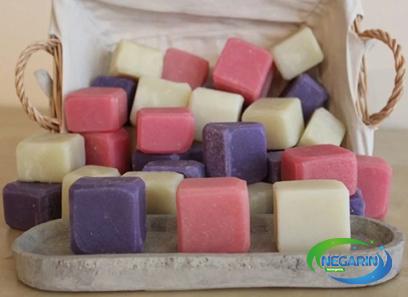
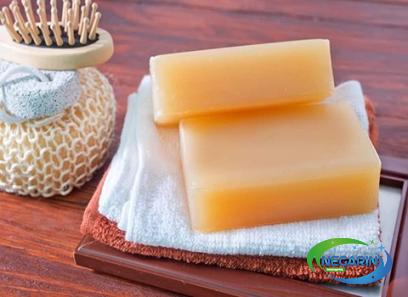
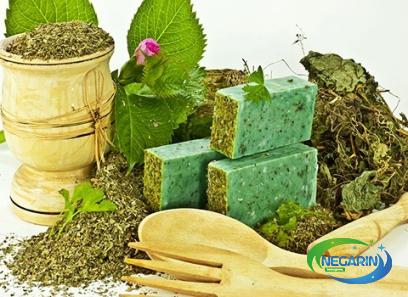
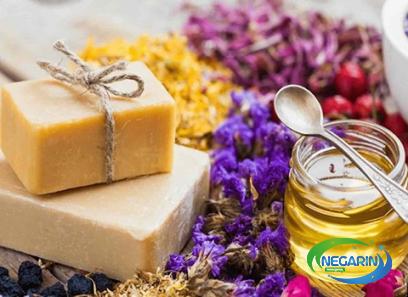
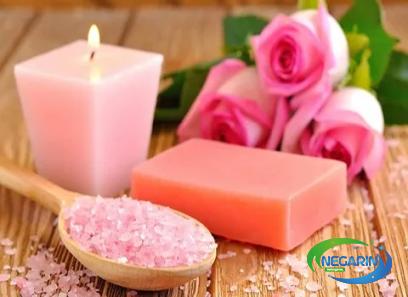
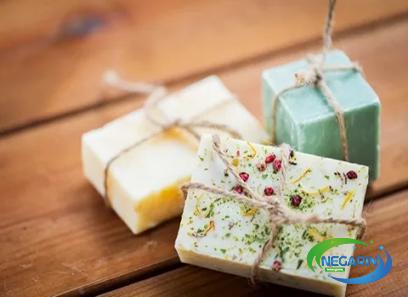
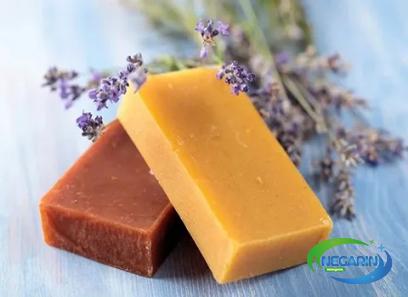

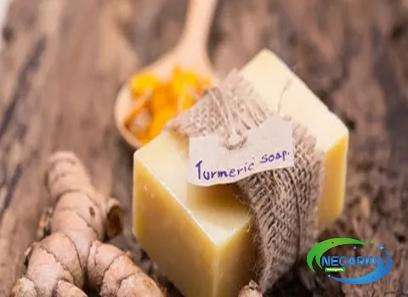
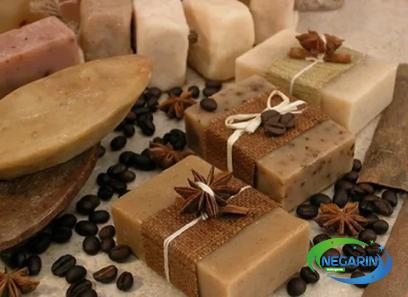
Your comment submitted.